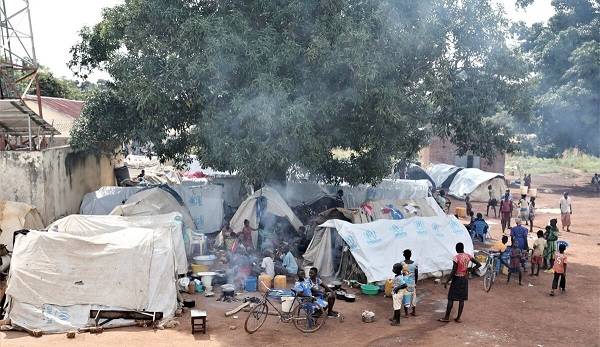
The United Nations (UN) Children’s Emergency Fund (UNICEF) said on Thursday that it is stepping up humanitarian support for children on the move affected by the ongoing conflict in Sudan as an estimated 82,000 children have fled to neighbouring countries and approximately 368,000 more are newly displaced inside the country.
The brutal conflict in Sudan has exacted a devastating toll on the country’s children, with thousands having experienced deeply traumatic events or been driven from their homes in search of relative safety, said UNICEF Executive Director, Catherine Russell, in a press release.
“Their situation remains precarious, and continued support and assistance from the international community and humanitarian partners are critical,” she said.
According to the UN Refugee Agency (UNHCR), more than 164,000 people have sought refuge across borders since the outbreak of the military conflict in Sudan on April 15.
In addition, the International Organisation for Migration estimates some 736,000 people are newly internally displaced within Sudan since the start of the conflict. Almost 3.8 million people were already internally displaced within Sudan prior to the outbreak of violence.
Many communities receiving displaced populations are already affected by multiple crises, with basic services and existing humanitarian capacity already overstretched and the rains soon to set in.
The conflict in Sudan is also disrupting cross-border trade and movement, leading to a sharp increase in food prices in neighbouring countries, with a higher risk of food insecurity in vulnerable host communities, it said.
In Sudan, UNICEF has provided emergency health kits, essential supplies and medicines to hospitals and primary health care centres to support the treatment of the injured and access to life-saving and basic health services.
UNICEF is also supporting displaced children and families, striving to ensure the continuity of essential services, including the provision of nutrition supplies to help keep more than 80 per cent of facilities functioning in affected areas, said the fund.
—Xinhua






